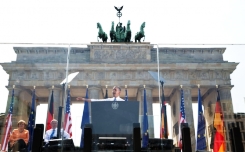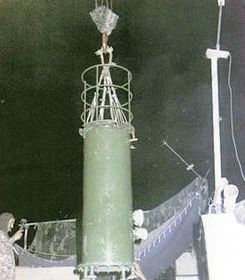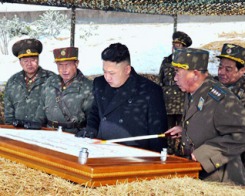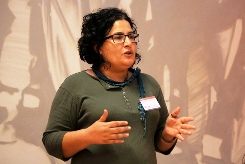By Frederick N. Mattis* | IDN-InDepth NewsEssay
ANNAPOLIS, USA (IDN) – To abolish nuclear weapons, North Korea and all states would have to join the ban before its entry into force, for three reasons. First, the nuclear ban (or abolition) treaty, often called a Nuclear Weapons Convention, would not create true abolition unless all states are parties to it. Second, current nuclear powers in all likelihood would not join unless the ban when enacted is truly global. (There already exists the nuclear Non-Proliferation Treaty, which has been joined by all but nine states as “non-nuclear weapon” parties.) Third, unanimity of accession by states would give the ban unprecedented geopolitical force for ongoing compliance by states – desirable in itself, and a crucial incentive for today’s nuclear weapon possessors to actually renounce their arsenals.
An enacted nuclear ban treaty would bring the following benefits to all states and people: freedom from the threat of nuclear war or attack, freedom from possible “false-alarm” nuclear missile launch, and freedom from possible terrorist acquisition of a weapon from a state’s nuclear arsenal.










